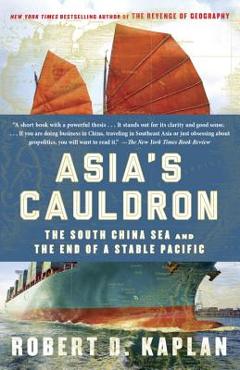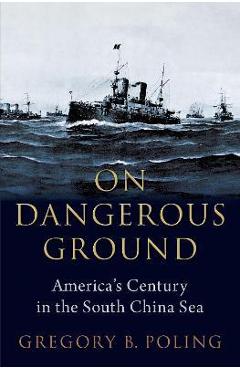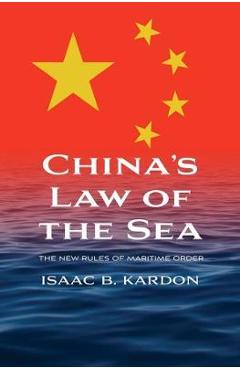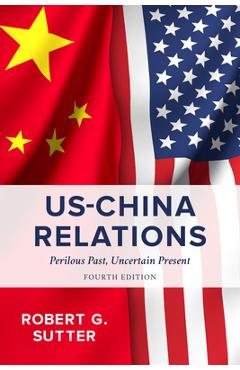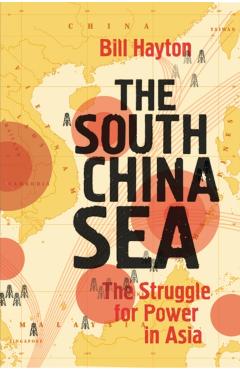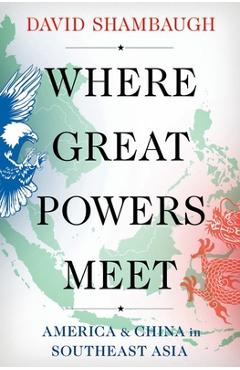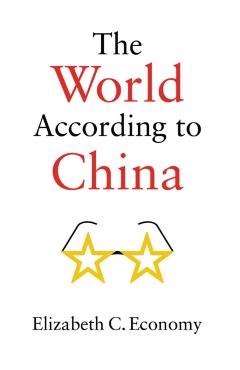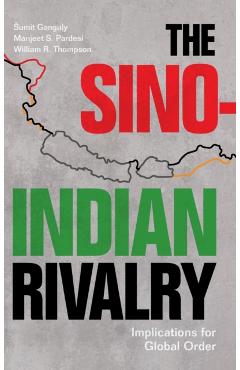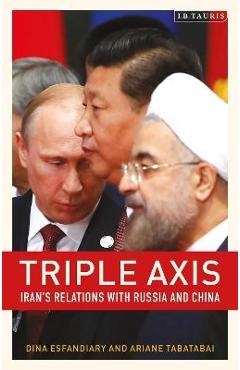Nine Dash Line: Deciphering the South China Sea Conundrum
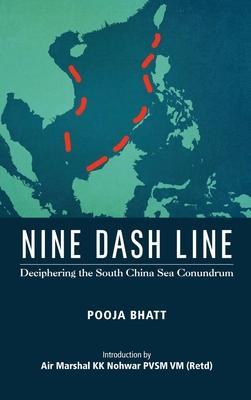
Nine Dash Line: Deciphering the South China Sea Conundrum
The South China Sea (SCS) has been in limelight since UNCLOS Arbitration Tribunal gave its judgement in July 2016. Famously known as Permanent Court of Arbitration verdict 2016, it decided in favour of the Philippines on its maritime entitlements over the landforms in the SCS and nullified Chinese actions and position there. China refused the arbitration's verdict on several grounds and went ahead with the militarization of the islands. Moreover, it continues to assert its 'historic rights' over more than 80 percent of the SCS as its Nine Dash Claim and the landforms within it.
This book seeks answers for China's behaviour in the SCS. It does so by looking at the issue from several angles- historic, environmental, legal, trade and commerce, security as well as its relations with South East Asian countries that have EEZ claims in the SCS. When looked through these multiple perspectives, Chinese actions and behaviour in the SCS seem to fit in its China's grand strategy, that is, to become global and maritime superpower by 2050. Nine Dash Line is the centre of that strategy.
The waters of South China Sea region is shared by several littorals and transited for trade by several others. China's unilateral claims and actions are likely to have repercussions on the larger geo-politics. Therefore, it would be beneficial for all if the SCS high seas and resources are seen and treated as a 'global commons'.
Beijing has repeatedly demonstrated an unusually belligerent position with respect to the SCS waters, not only with the regional littorals but also with extra-regional countries. Countries such as the US, UK, France, India among others see themselves as the stakeholders in the peace and security of the region.
PRP: 534.75 Lei
Acesta este Pretul Recomandat de Producator. Pretul de vanzare al produsului este afisat mai jos.
454.54Lei
454.54Lei
534.75 LeiLivrare in 2-4 saptamani
Descrierea produsului
The South China Sea (SCS) has been in limelight since UNCLOS Arbitration Tribunal gave its judgement in July 2016. Famously known as Permanent Court of Arbitration verdict 2016, it decided in favour of the Philippines on its maritime entitlements over the landforms in the SCS and nullified Chinese actions and position there. China refused the arbitration's verdict on several grounds and went ahead with the militarization of the islands. Moreover, it continues to assert its 'historic rights' over more than 80 percent of the SCS as its Nine Dash Claim and the landforms within it.
This book seeks answers for China's behaviour in the SCS. It does so by looking at the issue from several angles- historic, environmental, legal, trade and commerce, security as well as its relations with South East Asian countries that have EEZ claims in the SCS. When looked through these multiple perspectives, Chinese actions and behaviour in the SCS seem to fit in its China's grand strategy, that is, to become global and maritime superpower by 2050. Nine Dash Line is the centre of that strategy.
The waters of South China Sea region is shared by several littorals and transited for trade by several others. China's unilateral claims and actions are likely to have repercussions on the larger geo-politics. Therefore, it would be beneficial for all if the SCS high seas and resources are seen and treated as a 'global commons'.
Beijing has repeatedly demonstrated an unusually belligerent position with respect to the SCS waters, not only with the regional littorals but also with extra-regional countries. Countries such as the US, UK, France, India among others see themselves as the stakeholders in the peace and security of the region.
Detaliile produsului









